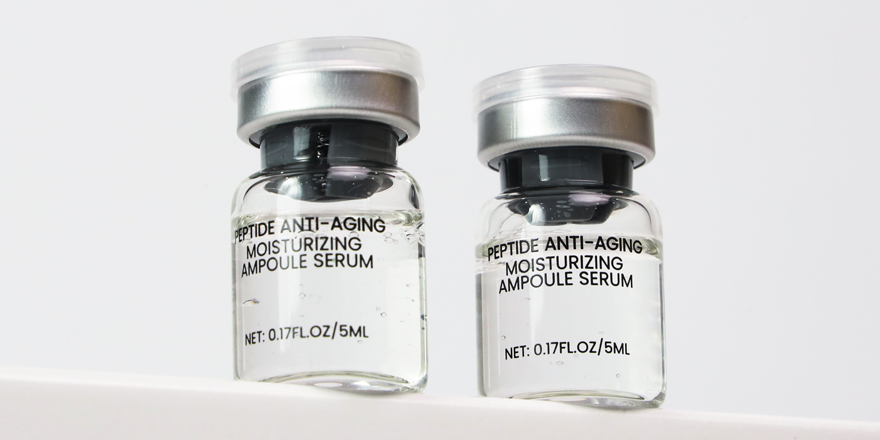+86 186 9588 1207 Mobile Phone
8618695881207 Whatsapp
+86 186 9588 1207 Wechat
info@biohuaer.com E-mail
+86 186 9588 1207 Mobile Phone
8618695881207 Whatsapp
+86 186 9588 1207 Wechat
info@biohuaer.com E-mail

The Rising Demand for Microneedling has revolutionized skincare by offering a minimally invasive solution for skin regeneration, anti-aging, and enhanced product absorption. Its popularity stems from its dual efficacy: stimulating collagen production while allowing topical serums or growth factors to penetrate deeper into the dermis. By 2025, consumer demand has surged globally, fueled by an aging population seeking affordable alternatives to surgical procedures and younger demographics prioritizing preventative skincare. This convergence of science and accessibility positionsling as a cornerstone of modern beauty routines.
Global Market Trends
The global microneedling market is projected to reach $8.2 billion by 2027, growing at a CAGR of 8.5% (2023–2027). Key drivers include:
Professional vs. Home Use: Medical clinics dominate high-precision treatments (e.g., RF microneedling), while home-use devices ( mirco needling device) appeal to cost-conscious consumers.
Regional Dynamics:
North America: Leads in adoption, driven by anti-aging trends and FDA approvals.
Europe: Demand grows for CE-certified, sustainable devices.
Asia-Pacific: Explosive growth in Korea and China, fueled by K-beauty innovations and e-commerce.
Why Microneedling is Profitable for Distributors
Distributors can capitalize on three strategic advantages:
High Repurchase Rates: Disposable needle cartridges (monthly replacements) and complementary skincare (e.g., hyalurums) ensure recurring revenue.
Low Market Entry Barriers: At 40–60% cheaper than laser treatments, microneedling attracts a broader audience, including younger demographics.
Multi-Channel Scalability:
Clinics/Salons: B2B partnerships for professional-grade devices.
Retail/E-commerce: Direct-to-consumer home kits via Amazon or Sephora.
Bundling Strategies: Pair devices with OEM skincare (e.g., peptide serums or post-treatment masks) to increase average order value by 20–40%.
Label Edge**: Customizable packaging and low MOQs (as low as 1000 units) allow distributors to build exclusive brands without inventory risks.
Choosing the Right Manufacturer Partner
Prioritize suppliers with:
Certifications: FDA/CE/ISO 13485 compliance to ensure safety and global market access.
Quality Assurance: Automated production lines for needle consistency.
Flexibility: Support for small-batch customization, drop shipping, and co-branded marketing.
Conclusion: Why Now is the Best Time for Microneedling Distribution
The microneedling market is at an inflection point: rising consumer education, technological advancements, and post-pandemic self-care investments create unparalleled distributor opportunities. By securing partnerships with agile manufacturers and leveraging private labeling, distributors can establish early-mover dominance in a market poised to double by 2030.
 Add to Inquiry Successfully!
Add to Inquiry Successfully!